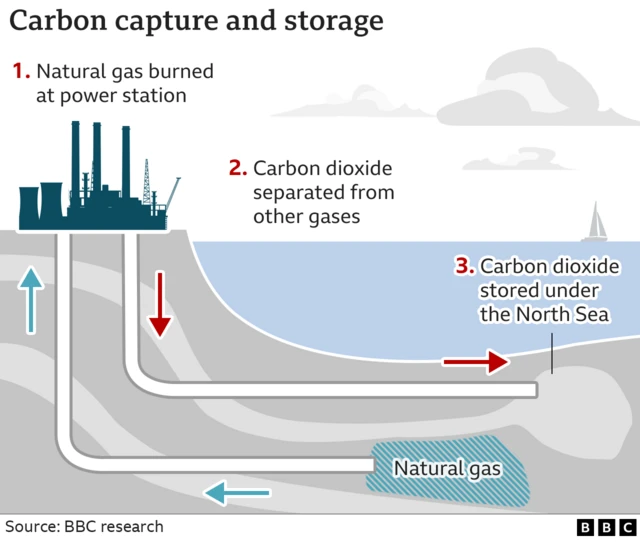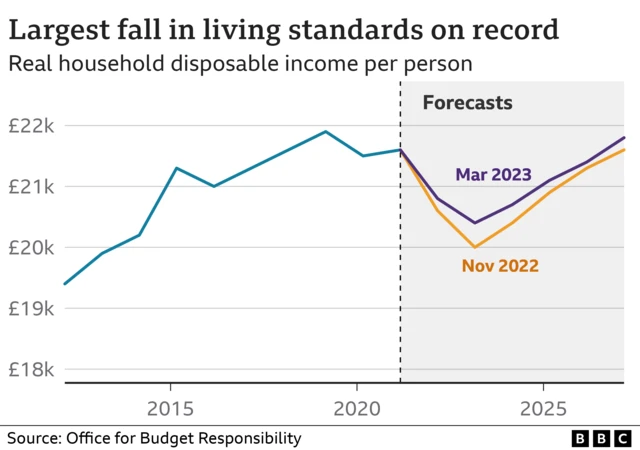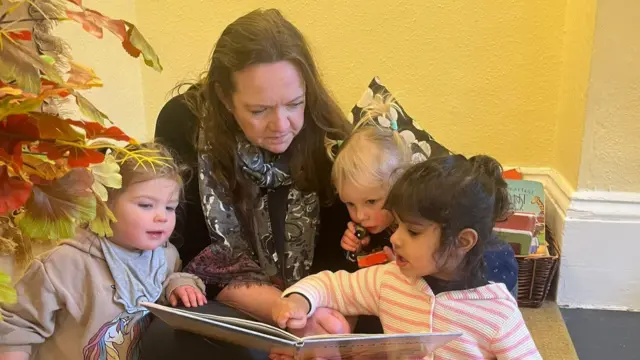
Are businesses getting any help with energy bills?published at 16:17 GMT 15 March 2023
 Simon Read
Simon Read
Personal finance reporter
Michael wants to know if there's any further support for businesses with the cost of energy? He says all the talk he's seen is about households, which is great, but will business support be extended for the same period?
The Chancellor failed to mention business energy bills at all during his Budget speech.
Unless he announces something in the next few days, that means businesses will see their energy bills soar from the start of April when the current support package - the Energy Bill Relief Scheme - comes to an end.
It will be replaced with the more frugal Energy Bills Discount Scheme, which will give firms a discount, but mean bills will soar.
The British Chambers of Commerce said almost half of businesses would struggle with energy bills as a result while the Federation of Small Businesses has predicted that more than 350,000 small businesses, which signed fixed tariffs last year, could need to shrink, restructure or close if their bills revert to the higher rates in April.









